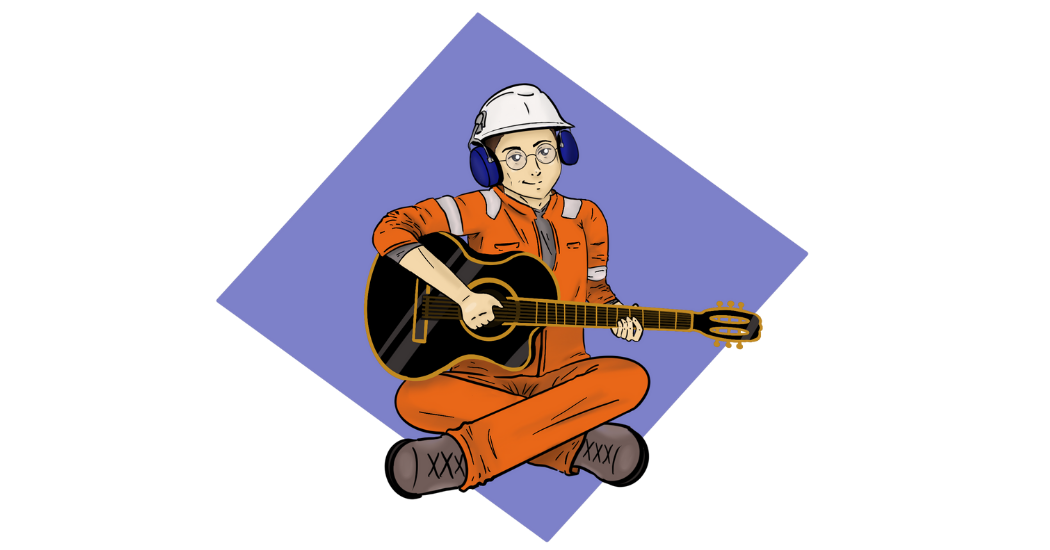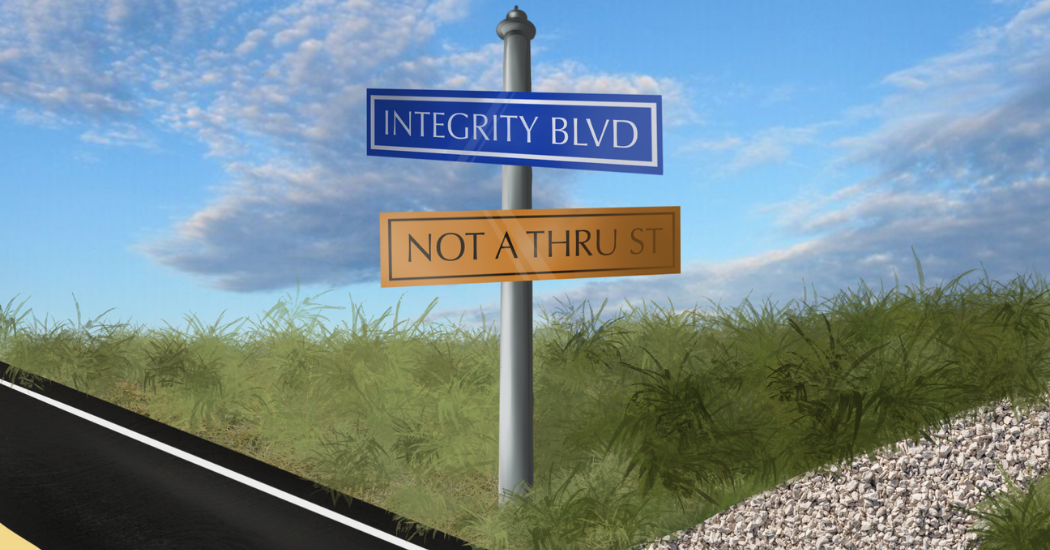In Part 1, I presented a series of real-world ethical situations that an engineer might be faced with. In this Part 2, I discuss the general categories of morals, ethics, professional rules, and business codes of conduct. As guidance, I pose a list of questions to help guide the engineer in making ethical decisions. And finally, I have offered up a few tips, based on my personal engineering career journey.
Ethics versus Morals
Let us begin with a review of the differences between ethics, morals, rules, and codes of conduct. Morals are prescribed do’s and don’ts, either written or understood. An example of a moral is “Thou shalt not steal.” Another example of a moral is: “Always speak the truth.” Adherence to morals tends to be clear-cut. The behavior is either “right” or it is “wrong.” There is no room for debate.
Ethics is the individual’s determination of conduct and behavior considering the relevant morals, law, policy, guidelines, and codes of conduct, given multiple factors and interests at play. Ethical behavior is often not explicitly prescribed. It may involve the weighing and balancing of several options and potential courses of action. The optimal ethical decision may fall within narrow boundaries or there may be wide range of possible “good” solutions.
Professional rules and business codes of conduct are often a compilation or mix of morals, policies, guidelines, law, and ethical principles. For purposes of this article, the term “ethics” is meant to encompass the entire mix.
Questions Posed
Ethical conduct in the field of engineering practice is generally similar to that of any other field of professional practice. Most often, the right decision or the better option is obvious. But if the optimal decision is not obvious, ask yourself one or more of the following questions:
- Will you be hiding something?
- Is it legal?
- Does it violate the policies of the group or the profession to which you belong?
- Do you expect your decision will bring about harmony or might it produce discord?
- Is it being trustworthy and the way you yourself would want to be treated?
- Are you uncomfortable, pressured, or coerced by this situation?
- Do you feel you need more time to decide?
- Are you already thinking about how to explain or justify your decision?
- Despite personal reservations is someone else trying to convince you that it is OK?
- Is this motivated primarily by personal interest?
- Are you doing this just for the money?
- Is it fair conduct or does it unfairly disadvantage another?
- What about the near-term or long-term consequences?
- Is there something about it that just doesn’t feel right?
If one or more of these questions gives you pause or hesitation, then there is probably something about the decision that you need to come to terms with. An optimal decision takes account of all parties and interests involved.
Ethics – Yourself and Others
Keep in mind that other people take note of what you say and observe what you do. For example, you have previously worked for company A. You now work for company B. In a product development discussion with your supervisor, you say that you still have copies of design details for a similar product that you were working on at company A. You offer to share those files.
At first you may feel good that you can be helpful with valuable information. However, you have conveyed to your supervisor that you are not trustworthy with proprietary business information. Answers to some of the above bullet points would be warning signs that you are walking down the wrong path on this matter.
The reverse approach, namely keeping company A’s intellectual property confidential, is an opportunity to do what is right, to feel good that you are doing the right thing, and to demonstrate trustworthiness to others.
An ethics situation may not be with you yourself directly but rather, something you observe going on with another or others. For example, you observe deliberate falsification of records to meet a product shipment date. From a legal standpoint, and depending upon circumstances, this might be fraud. What do you do?
Is it safe to simply ignore or pretend nothing happened? When you do that, you become party to the offense. These types of situations – those that involve others – can be the most difficult because they involve friends and co-workers. Should you be the “police?” No, but having observed the act, you have a responsibility to call it to the attention of either the people doing it, your supervisor, the HR Department, or management.
Why is it not OK to just stand back and remain silent? Left unchecked or unhandled, unethical situations can ultimately cause great loss or harm to individuals and to the entire organization. Examples of this are found with the accounting scandals and company implosions following the dot-com bubble of year 2000. The resulting bankruptcies were accompanied by many employees losing their jobs, losing their retirement savings, and executives landing in jail.
The flip side of this is when you are not trying to cover for lies, or turning your back on unethical situations, your lines of communication remain free, and you feel good about yourself and about the colleagues you work with.
Ethics Tips
Following are some ethics tips I’d to share:
- Don’t mix personal affairs with business. As far as possible, keep those separate.
- When it comes to travel and other reimbursable expenses, strive to do what is best for the company or the organization and stay within travel expense policy and guidelines.
- If you are a consulting engineer, maintain accurate billing records and always give your client the benefit of doubt on any gray or questionable areas of billable hours and expenses.
- When in conversations and discussions with others outside of your organization, keep in mind that you are a reservoir of proprietary intellectual property and sensitive business information that is not in the public domain.
- Your influence on the ethical behavior of others and your perception of what is going on around you are monitored by keeping your own house in order.
- Trustworthiness. In business and personal relationships, it is just about everything. Trust holds people together. In business, by the way, the individual who is both trustworthy and competent, is gold.
- I have previously mentioned “personal integrity.” What is it? It is what you know, from personal observation, to be true. Not because someone else tells you so, but because you observe it for yourself, and you have the courage and confidence to express a belief in what you know, by observation, to be true. Personal integrity is an intangible that cannot be bought. It is earned by leading a life of ethical behavior and living with the truth. Personal integrity is one’s most valuable possession.
And here are some “personal ethics” tips for the broader picture of life and livingness:
- Strive to lead an active life and one of accomplishment. Do not fear adventure. 20 years from now, you want to look back and say to yourself, “I’m glad I did that.”
- Nurture good relations and friendships with people. As the years go by you will appreciate the value in this.
- Above all, be your own self. Don’t try to live the life of others. What you see is the social façade. Regardless of their apparent success or celebrity, they are all dealing with unspoken and sometimes difficult personal and family issues. You have enough of your own to deal with – you don’t need other peoples’ problems.

Figure 2. This engineer, on his break, is enjoying being himself.
Conclusion
Engineering schools may skip the subject matter of ethics entirely. When it is covered, it is likely treated as a sort of footnote. This is a huge omission. The success of an engineer in his/her profession and his/her wellbeing in life rest upon a foundation of ethical behavior.
Know your professional rules and business codes of conduct so that in all situations you can decide and act ethically with confidence and certainty.




